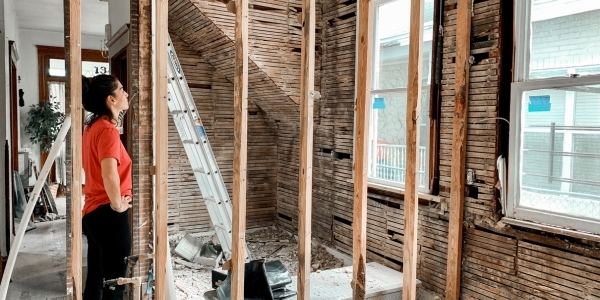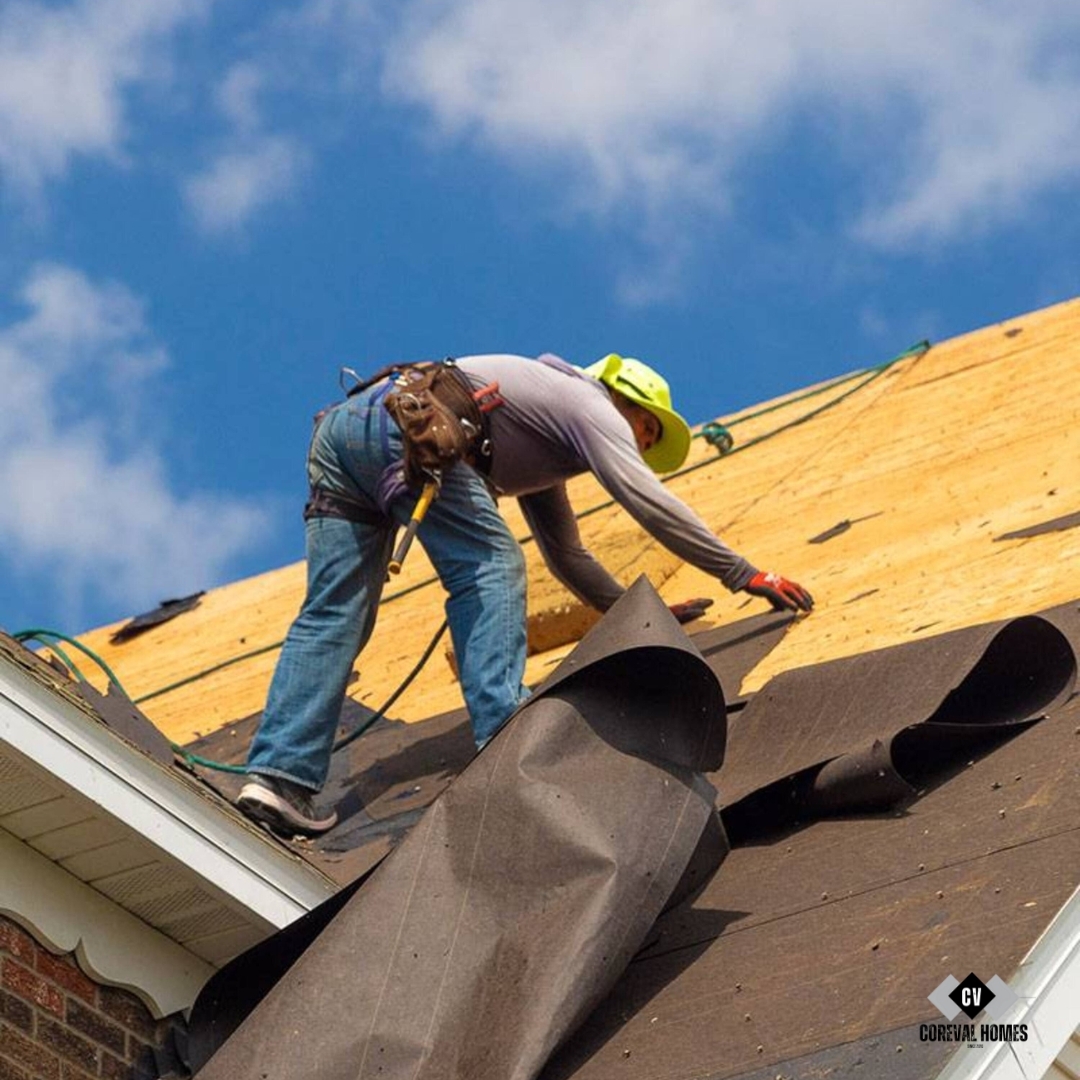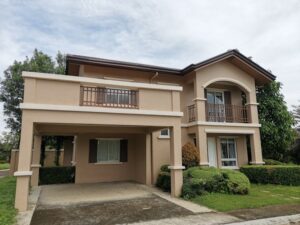Renovating a home in Vancouver, whether a sizable remodel or a full-scale rebuild, presents homeowners with a critical choice: undertake a phased renovation approach while continuing to live on-site or opt for temporary relocation during construction. This decision impacts not only the renovation’s logistics and timeline but also the homeowner’s lifestyle, budget, and project outcome.
As a leading Vancouver builder renovation expert, this guide explains the technical nuances, financial considerations, and practical impacts of phased renovations—empowered with local market data, building regulations, and construction best practices—to help homeowners make informed decisions.
Understanding the Phased Renovation Approach
According to a 2024 Statistics Canada report, phased renovations can reduce homeowner stress while optimizing expenditure flow, correlating with increased overall project satisfaction levels nationwide.
Phased renovation is a strategic method of breaking down a construction project into manageable, sequential stages. Unlike a full shutdown renovation where work is done all at once, phased renovations allow some parts of the home to remain functional while other areas undergo repair or remodeling. This approach offers greater flexibility, especially in densely populated urban areas like Vancouver, where displacement is difficult and costly.
Phasing can be:
- Spatially based, where certain floors or rooms are renovated one at a time.
- Temporally divided, splitting work across seasons or quarters.
- Functionally segmented, focusing on key systems like electrical or plumbing separately.
This tactic reduces operational disruption, lowers occupant inconvenience, and enhances job site safety—all critical factors in a city with strict building codes and neighborhood sensitivity.
Living on Site During Renovations: Benefits and Challenges

Many Vancouver homeowners prefer to remain in their homes during phased renovations, especially if the scope is limited or easily sectionalized. The benefits include continued convenience, cost savings on temporary housing, and hands-on project oversight. Modern phased renovation techniques utilize dust barriers, noise mitigation, and safety protocols to minimize impact on living spaces.
However, living on-site during renovation requires rigorous planning and cooperation with your builder. Challenges include:
- Managing construction noise and dust intrusion.
- Scheduling work around occupant daily routines.
- Ensuring compliance with strict Vancouver building safety codes.
From a technical standpoint, systems like HVAC and plumbing may need temporary rerouting to maintain functionality in occupied zones. Costs for on-site renovations in Vancouver average around $150 to $300 per square foot, reflecting varied material quality and labor rates across neighborhoods like West End or Kerrisdale.
Temporary Relocation: When Is It Necessary?
Temporary relocation is often necessary for high-impact renovations that render essential living spaces unusable, such as full kitchen overhauls or upgrades involving demolition of load-bearing walls. It provides freedom for contractors to work uninterrupted and usually shortens project timelines. In Vancouver, this can mitigate the stress of construction in heritage homes or condos with sensitive structural considerations.
Nevertheless, relocating carries its own costs—rent for alternative housing, transportation, and storage of personal belongings. Recent statistics show that Vancouver home renovations can reach six-figure sums, so budgeting for temporary accommodation costs is essential.
Building permits and safety regulations, especially for more extensive projects, must be rigorously adhered to with the City of Vancouver. For instance, permits for structural changes or accessory dwelling units (ADUs) like backyard studios require inspections and compliance with zoning bylaws.
Financial Considerations: Cost Management in Phased Renovations
One of the strongest advantages of phased renovations is financial fluidity. Vancouver homeowners can spread the $50,000 to $250,000 average total renovation costs over quarters or years, avoiding the strain of a single balloon payment. Contractor payment schedules tied to phases also facilitate improved budget control and reduce financial risk.
However, phased projects might incur incremental costs due to mobilization, repeated inspections, and extended overhead. Transparent communication with your Vancouver builder renovation specialist is key to balancing cost-efficiency and construction quality.
Construction Insights for Vancouver Renovations
Phased renovation projects in Vancouver require sophisticated coordination—including:
- Sequencing demolition and construction activities to maintain structure integrity.
- Temporary shoring systems to support load-bearing walls when sections are gutted.
- Compliance with the BC Building Code, ensuring fire safety, insulation, ventilation, and accessibility standards.
- Use of Moisture Barrier and airtight sealing technology to protect interiors during works.
- Integration of Sustainable Building Materials favored in Vancouver markets, aligning with environmental standards.
Understanding these terms and the technical depth your contractor applies allows for better collaboration and satisfactory outcomes.
Regulatory Environment Impacting Renovations in Vancouver
City bylaws govern when and how permits are acquired, particularly if your renovation involves an Accessory Dwelling Unit (ADU) or backyard studio. Vancouver requires permits for any heated and insulated structures, with stipulations on size, setbacks, and inspections by arborists if trees are affected.
Navigating this bureaucratic landscape is easier when working with builders entrenched in local codes and relationships with municipal inspectors.
Vancouver Builder: Choosing the Best Renovation Living Option
Deciding between living on-site or temporarily relocating during a Vancouver home renovation hinges on renovation scale, homeowner lifestyle, budget, and timeline. Phased renovations offer unmatched flexibility for staying in your home but require careful project segmentation and tolerance for ongoing construction activity. Temporary relocation, while costlier and disruptive to daily routines, accelerates completion and affords contractors unhindered workspace.
For homeowners committed to a successful property transformation, partnering with an experienced Vancouver builder renovation expert who commands technical proficiency, transparency, and local code mastery is imperative.
Contact CoreVal Homes today to get started!
FAQs
1. How can CoreVal Homes customize a phased renovation plan to minimize disruption for Vancouver homeowners?
CoreVal Homes specializes in tailored phased renovation strategies balancing project scope and family routines, maximizing comfort and efficiency during each stage of construction. Their local expertise ensures compliance with Vancouver codes and timely project milestones.
2. What permits are required for major renovations involving structural changes in Vancouver?
Any alteration to load-bearing walls, foundation, or major systems like electrical and plumbing requires a City of Vancouver building permit. CoreVal Homes manages the permit application process to ensure smooth approval and adherence to municipal regulations.
3. Can I apply for a mortgage or renovation loan while living on-site during the renovation?
Yes, many financial institutions offer renovation loans or mortgage refinancing options conditioned on phased budgets. Living on-site can simplify logistics but consult a financial advisor for personalized advice.
4. How does living on-site during renovation impact the project schedule?
Living on-site often requires adjusted work hours and additional safety measures, potentially extending timelines compared to full home vacating; however, it allows real-time decision-making and immediate issue resolution.
5. What post-renovation services does CoreVal Homes offer to ensure lasting quality?
CoreVal Homes provides warranty coverage including labor and materials, follow-up inspections, and responsive maintenance, ensuring your investment is protected and satisfaction is guaranteed.
People Also Ask
1. What are the environmental benefits of phased renovations compared to full demolitions?
Phased renovations reduce waste and resource consumption by preserving existing structures longer and allowing more precise material planning, a key factor in Vancouver’s sustainability goals.
2. How do Vancouver weather patterns influence construction during phased renovations?
Seasonal rain and mild winters require adaptive scheduling for exterior work; interior phases are scheduled to minimize weather-related delays.
3. What technology advances assist in managing phased renovations?
Digital project management tools, 3D modeling, and remote monitoring improve communication, accuracy, and transparency throughout complex phased renovations.
4. Are backyard studios regulated differently from main home renovations in Vancouver?
Yes, accessory dwelling units or studios have distinct zoning rules and permit requirements, often triggering additional inspections related to setbacks, utilities, and occupancy.
5. How can homeowners ensure safety while living on-site during renovations?
Strict adherence to dust barriers, safe pathway design, and clear separation of active construction zones from living areas are essential practices employed by professional renovators.


